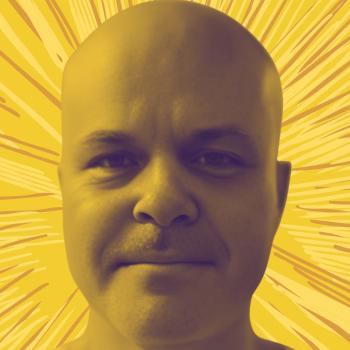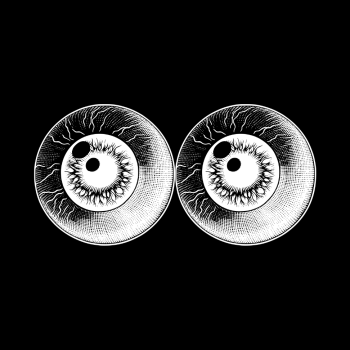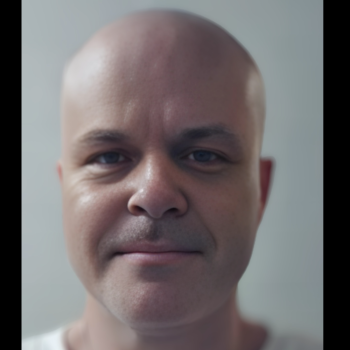
The Murder
In the early morning hours of August 2, 1988, Karen Lane was brutally murdered. I know nothing about her. Sadly, I may never. Judging from various online reports of the crime, not many other people know much about her either. For most, she is just a body. For me, I know that she had to be so much more. This is one of the great tragedies of the death penalty. In the rush to execute Greg Hunt for Lane’s murder, her identity is reduced to nothing more than just another reason to kill, a pound of flesh to be exchanged for another pound of flesh. The horror only continues.
The Burden of the Past
One of the greatest fallacies of the human experience is to think that the past must define the future. Repeatedly, I have worked with persons on death row that have grown tremendously since the crimes that landed them there. Then again, occasionally I’ve encountered persons on death row that refuse to grow at all. Often, people are somewhere in the middle. Regardless of where people are, the past doesn’t define them. The present always means so much more. Why can’t people figure this out? The answer lies within. We are so burdened by our pasts that we don’t know how to ascribe freedom to others.
The Preacher
Loquacious is an understatement. During our first conversation, Greg Hunt preached at me for over an hour, only pausing when he needed to hang up and reset the prison line. I didn’t get to tell him that I was a priest until the end of the conversation. Of course, for someone like Greg that doesn’t matter. For Greg, fruit, particularly fruit of the spirit, matters far more than titles. Each time I’ve tried to label him as anything other than a follower of Jesus, he has run in the opposite direction. “I’m not a priest. I’m not a pastor. I’m not a preacher.” Greg wants nothing more than to know Jesus and make Jesus known. “I don’t need no titles for that.” While I don’t share Greg’s disdain for title, I do admire his determination to make himself lesser so that Jesus might forever be greater. Rarely, have I ever encountered such holiness. Such zealousness is rather shocking in a world of compromise. Make no mistake, we disagree consistently and passionately theologically, but I can’t help but admire him.
The Death Row Church
Greg Hunt leads a small congregation, most clergy do. The only difference is that Greg’s group gathers each week on death row. Each person that looks back at Greg has been to hell and back, most of the time because of their own actions. Of course, Greg is also in that number. Such a location makes him as effective as anyone in ministering to his brothers. The holiness that he brings to the group helps people find the courage to find their own holiness. He demands more than just survival. “God wants us to thrive wherever we are.” Some of the illustrations that Greg uses have achieved legendary status. On one occasion, Greg took a Bible and threw it across the room to show the group that the Bible is nothing but a book without the power of Christ behind it. To say that the men have responded is an understatement. Throughout the hallways and cells, everyone looks to Greg for guidance whether they go to his service or not. That’s of no consequence to Greg. “God meets us where we’re at, brother. I’m ready to help these guys wherever they are.”
The Mundane
If Greg Hunt is executed, most people won’t even notice. Evil has a way of disguising itself as mundane. But I can tell you that there is a group of people who will never be the same, the men on death row in Alabama, especially those who attend his church. Whether or not we care says much more about us than it does about Greg.













